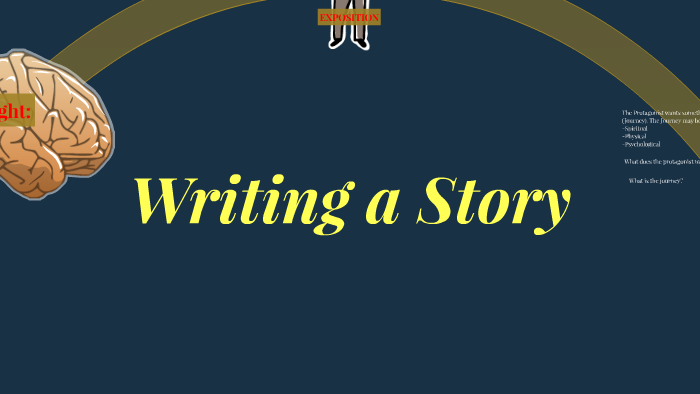

These “rules” are aimed at a younger audience. Melissa De La Cruz’s “My Advice to Young Writers” These principles were found in a letter he sent his brother.Ģ0 rules or “suggestions” from Anne Rice.Ĥ3. Literary Hub collected these 20 pieces of advice from Faulkner. These rules were found in a letter Lewis sent to a young fan in 1956. Her last rule is “Never forget, even your own rules are there to be broken”. Also, I love any list that includes walking in it, and Kumar’s list does.įord’s first rule is to marry someone you love, who thinks you being a writer’s a good idea.ģ4. Naipaul’s Rules for Beginners and Amitava Kumar’s 10 Writing RulesĪmitava Kumar’s tips are part of a larger, fascinating essay that includes all of V.S. This list from thriller writer Jewell is a little different as it focuses on aspiring writers.ģ0 and 31. The Irish writer recommends that writers stay in their ‘mental pajamas’ all day.Ģ9. Colm Tóibín’s 10 Rules for Writing Fiction Zadie Smith urges authors not to confuse honors with achievements.Ģ8. Zadie Smith’s 10 Rules for Writing Fiction Will Self’s first rule is one of my personal favorites.Ģ7. His last two rules are get lucky, stay lucky.Ģ6. Ian Rankin’s 10 Rules for Writing Fiction She includes concrete information, like the fact that she has a goal of a 1,000 words a day minimum.Ģ5. Sarah Waters’s rules are the most detailed. Sarah Waters’s 10 Rules for Writing Fiction 5 Rules for Fiction Writing from Annie ProulxĢ4. Rick Riordan’s advice is much more wide-ranging than most other authors and largely aimed at young readers.Ģ3. This poet and author’s rules are very helpful. Michael Morpurgo’s 10 Rules for Writing Fiction The Paris Review originally published these excellent tips.Ģ1. Ogilvy was an author (of business books) but he is much better known as a legendary ad man. This acclaimed science fiction writer has good advice for genre and non-genre writers. Michael Moorcock’s 10 Tips for Good Storytelling One starts out focusing on the narrative, the other on accountants.ġ8. Hillary Mantel’s 10 Rules for Writing Fictionīoth lists are interesting, and are rather different from each other. Hillary Mantel’s 10 Observations About Writing James believes, among other things, that bad writing is contagious.ġ7. My favorite piece of advice from David Hare is “Style is the art of getting yourself out of the way, not putting yourself in it.”ġ6. Johnathon Franzen’s 10 Rules for Writing Fictionĭespite his first rule or belief, I always feel like an adversary when I am reading his work. Her rule number 3 is pretty controversial.ġ4. Anne Enright’s 10 Rules for Writing Fiction His advice includes avoiding the online bookies.Īmong other helpful tips, she advocates listening to what you have written.ġ3. His first commandment is “Work on one thing at a time until finished”.ġ0. “Be ambitious for the work and not for the reward” is my favorite piece of advice from her. Jeanette Winterson’s 10 Rules for Writing Fiction His rule number six is one of my favorites - “Have regrets. Geoff Dyer’s 10 Rules for Writing Fiction Literary critic and essayist, Walter Benjamin, came up with these theses a long time ago, but many still hold true.ħ.

He called his list “Belief and Technique for Modern Prose”.

It would be hard to dispute his first rule.
#Rule 1 to avoid bad storywriting series#
His rules were originally written down in a series of letters to a female psychoanalyst.
#Rule 1 to avoid bad storywriting full#
Orwell gives readers full permission to ignore his rules. George Orwell’s 6 Tips for Effective Writing His most famous piece of advice? “If it sounds like writing, I rewrite it”.Ģ. This article is an attempt to organize that collection and to link to other authors’ rules as well, including more recently published authors’ rules on writing.īelow are links to different writers’ rules on writing. The Marginalian has a collection of advice from writers, that is more in-depth and less focused on “rules”, that you can read here. The Guardian has a very long, disorganized article that collects many of the rules, which you can read here. The New York Times and The Guardian have published famous authors’ answers to this question on a number of occasions. A lot can be learned by reading about other authors’ approaches to writing. I find other writers’ rules fascinating, even when I don’t agree with them. Most writers have their own special “rules for writing,” even if they don’t talk about them.


 0 kommentar(er)
0 kommentar(er)
